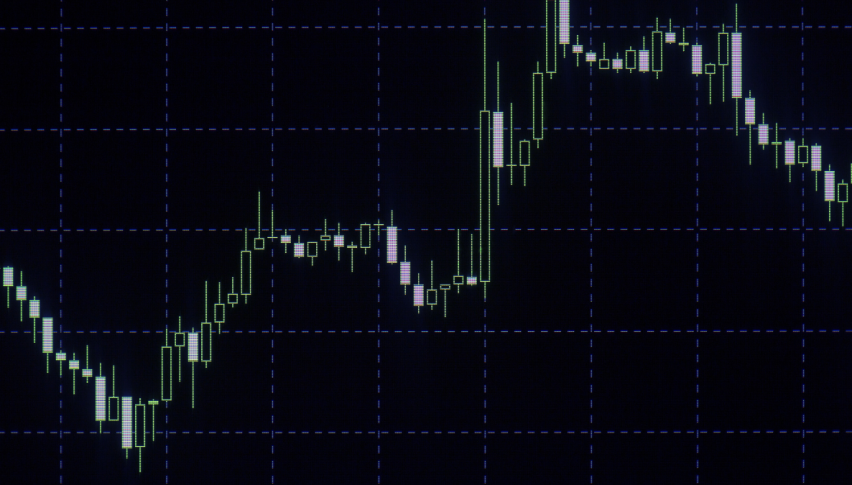Asian Markets Brace for Mixed Opening Amid Bank of Japan Decision and China’s Factory Data
In today’s trading, Asian markets fell as investors await important economic data from China and Japan. China’s most recent industrial activity data is also being watched to determine economic momentum in the area’s largest economy, and the Bank of Japan (BOJ) is scheduled to issue an interest rate decision that could have a big impact on market sentiment throughout the region.

Japan’s Nikkei 225 index declined by 0.5% following the BOJ’s decision, closing at 39,081.25 and breaking a three-day winning streak. The broader Topix index also ended three consecutive days of gains, slipping 0.3% to finish at 2,695.51.
South Korea’s Kospi led losses in Asia, falling 1.45% to 2,556.15, marking its lowest close since September 11. However, the small-cap-focused Kosdaq rose by 0.66%, ending the day at 743.06. Meanwhile, Hong Kong’s Hang Seng index edged up by 0.13% in its final hour of trading, and mainland China’s CSI 300 index closed slightly above flat at 3,891.03.
The Bank of Japan’s upcoming meeting has investors across Asia on high alert. While Japan has maintained ultra-low interest rates for an extended period, speculation is rising about a potential shift in policy to combat persistent inflation. A tightening of Japan’s monetary policy could bolster the yen but might increase market volatility, affecting not just Japanese equities but broader Asian markets that often respond to BOJ decisions.
China’s economic health remains in the spotlight, with factory activity data expected to shed light on its post-pandemic recovery pace. While recent months have shown mixed indicators, any sign of recovery in factory output could provide a boost to investor confidence across Asia. On the other hand, weaker-than-expected data might reinforce concerns of an economic slowdown in China, which could ripple across the region’s markets, particularly those reliant on Chinese trade.
Adding to the pressures, the ongoing U.S. bond market rout has put downward pressure on Asian equities. Rising U.S. Treasury yields have encouraged investors to seek safer assets, which could lead to capital outflows from Asian markets. The extended rally in U.S. bonds has resulted in a higher cost of borrowing, which often dampens investment in emerging markets.



